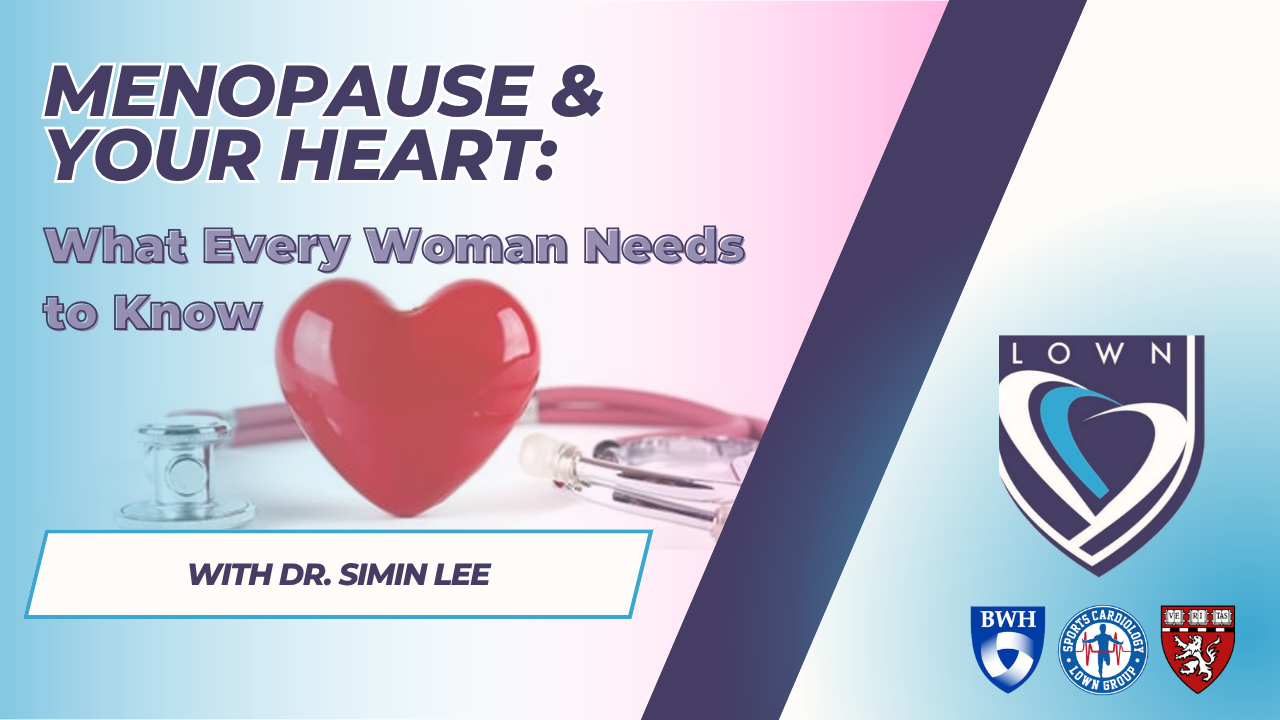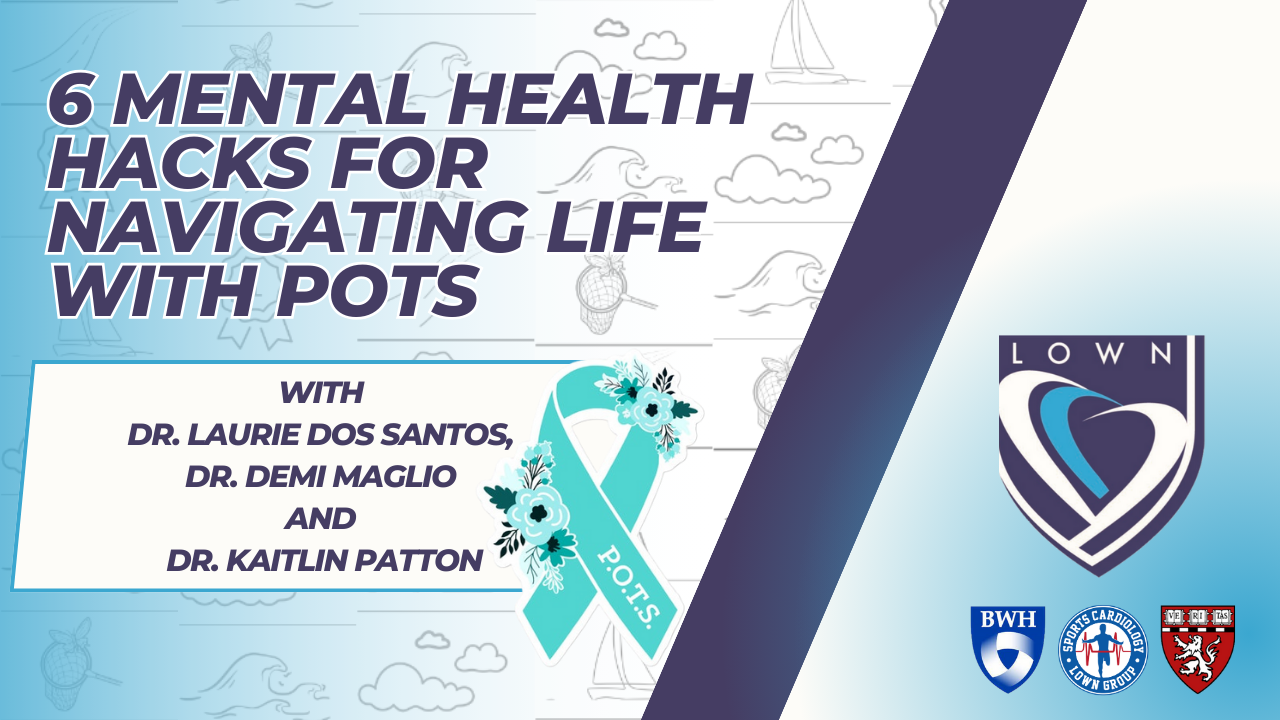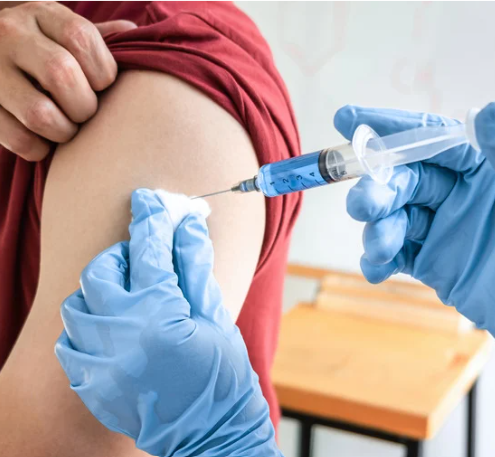Get Outside: How Environment Influences Your Cognition
In this webinar, Rachel Hopman-Droste, PhD will discuss the science underlying cognitive fatigue, mental distraction, and attention restoration from time spent in nature. Recent evidence suggests that short breaks in natural environments can significantly improve mood and decrease stress. Dr. Hopman-Droste's work has delved into neural signals of attention during multi-day trips in wild, outdoor environments to better understand the effects of time in nature. This ongoing research has also explored the relationship between physical activity and the outdoors to differentiate the environmental effects on attention and cognitive functioning. Dr. Hopman-Droste will provide key insights into the field of psychology research and recommendations to ensure you are getting the most out of your time outside.
Resources
Books:
- The Nature Fix by Florence Williams
-The Comfort Crisis by Michael Easter
-National Geographic: Power of the Parks 2016
Articles:
- Time Magazine: Just 15 minutes of Nature Can Make You Happier
- Outside Online: The New Science of the Creative Brain on Nature
- NPR: Ah, Wilderness! Nature Hike Could Unlock Your Imagination
- New York Times: Your Brain on Computers; Outdoors and Out of Reach, Studying the Brain
Want to participate or support the research?
Please call 617-373-8060 or email theignitestudy@gmail.com to participate
Share
Recent Blog Posts






